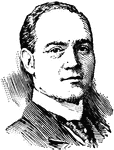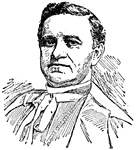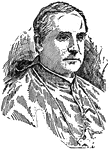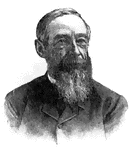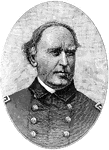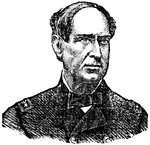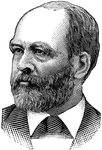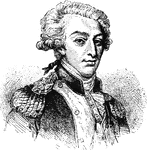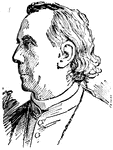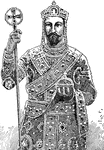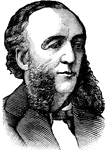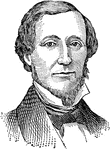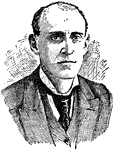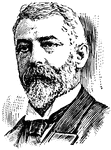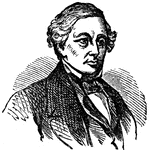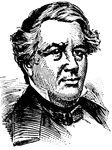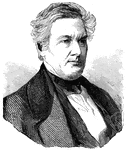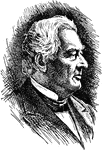156 illustrations of famous people including: David Farragut, Cyrus Field, Millard Fillmore, King Francis (I, II), Benjamin Franklin, King Frederick (I, II, III), John Charles Fremont, Robert Fulton, and more
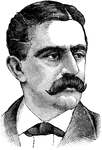
Charles Stebbins Fairchild
Fairchild was Attorney General of New York and U.S. Secretary of the Treasury. Fairchild also was president…
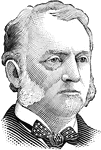
Lucius Fairchild
Governor of Wisconsin, U.S. Minister to Spain, and secretary of state of Wisconsin.
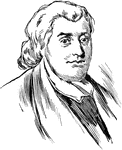
Thomas Fairfax
Thomas Fairfax, 6th Lord Fairfax of Cameron (October 22, 1693 – December 9, 1781). Various place…

Emily Faithfull
Printer and publisher of her magazine, "Victoria Magazine," she employed only women and advocated women…
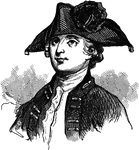
Edmund Fanning
Edmund Fanning (April 24, 1739 – February 28, 1818) first gained fame for his role in the War of the…
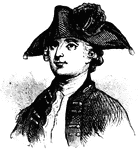
Edmund Fanning
(1739-1818) Lieutenant-governor of Nova Scotia and of St. John's Island. Born in the colony of New York,…
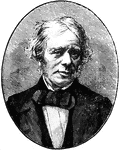
Michael Faraday
(1791-1867) British scientist, chemist, physicist, and philosopher who greatly contributed to the fields…
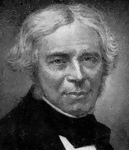
Michael Faraday
(1791-1867) British scientist, chemist, physicist, and philosopher who greatly contributed to the fields…

Admiral David Farragut
Admiral Farragut entering Mobile Bay atop the rigging of his ship during the Civil War.
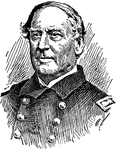
Admiral David G. Farragut
(1801-1870) Senior officer of the U.S. Navy during the American Civil War and is famous for the Battle…
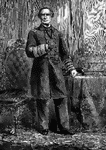
Admiral David G. Farragut
"Admiral Farragut, born at Campbell's Station, near Knoxville, Tenn., July 5th, 1801, died in Portsmouth,…
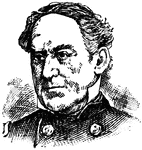
David Glasgow Farragut
(1801-1870) American naval officer for the Confederates during the Civil War.

David Glasgow Farragut
David Glasgow Farragut (July 5, 1801 – August 14, 1870) was a flag officer of the United States…
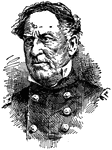
David Glasgow Farragut
David Glasgow Farragut (July 5, 1801 – August 14, 1870) was a flag officer of the United States Navy…
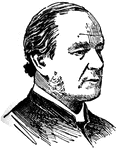
Dean Frederick William Farrar
1831-1903) British Clergyman and writer who wrote Eric and Little by Little
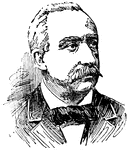
F. F. Faure
(1841--) French statesman and president 1859-1899 that took part in the Franco Prussian war
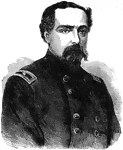
Edward Ferrero
"General Edward Ferrero was born in Granada, Spain, January 18th, 1831. His parents were Italian, and…

Axel Fersen
Count Hans Axel von Fersen (September 4, 1755 - June 20, 1810) was a Swedish Army officer, diplomat…
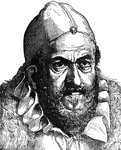
Sigmund Feyerabend
Born in 1527, Sigmund was a prominent bookseller of his day in Frankfort. He was an engraver and was…
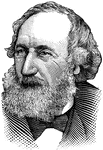
Cyrus W. Field
Led the Atlantic Telegraph Company that laid the first telegraph cable across the Atlantic Ocean in…
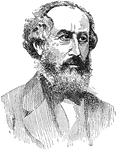
Cyrus W. Field
An American businessman who helped create the Atlantic Telegraph Company, as well as lay the first telegraphic…
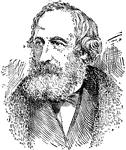
Cyrus West Field
(1819-1892) American merchant who led the Atlantic Telegraph Company that laid the first cable across…
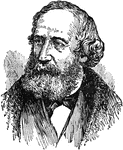
Cyrus West Field
Cyrus West Field (November 30, 1819–July 12, 1892) was an American businessman and financier who…
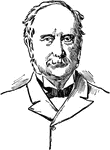
David Dudley Field
David Dudley Field II (February 13, 1805 - April 13, 1894) was an American lawyer and law reformer.
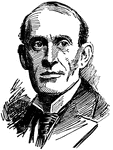
Eugene Field
(1850-1895) American writer and poet who became a reporter and journalist. He wrote children's stories…
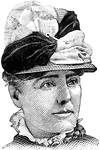
Kate Field
Miss Kate Fields was outspoken against Mormons and an author of Pen Portraits of dickens' Readings…

Marshall Field
Marshall Field (August 18, 1834 - January 16, 1906) was founder of Marshall Field and Company, the Chicago-based…
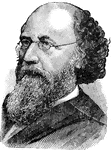
Stephen Johnson Field
Associate justice of the United States Supreme Court and 5th Chief Justice of the California Supreme…
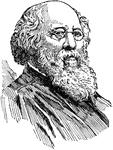
Stephen Johnson Field
Stephen Johnson Field (November 4, 1816 – April 9, 1899) was an associate justice of the United States…
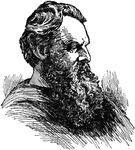
James Thomas Fields
James Thomas Fields (December 31, 1817 – April 24, 1881) was an American publisher and author.
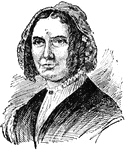
Abigail Fillmore
The wife of Millard Fillmore, thirteenth President of the United States of America. She was the First…
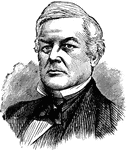
Millard Fillmore
Millard Fillmore, the last Whig president and thirteenth president of the United States.
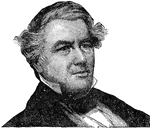
Millard Fillmore
Millard Fillmore (January 7, 1800 – March 8, 1874) was the thirteenth President of the United…
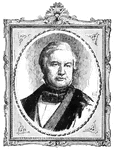
Millard Filmore
"Millard Filmore, Secretary of State and involved in the Compromise of 1850."—E. Benjamin Andrews…
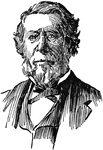
Hamilton Fish
Hamilton Fish (August 3, 1808 – September 7, 1893), born in New York City, was an American statesman…
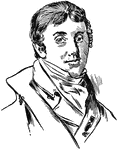
Nicholas Fish
Nicholas Fish (1758-1833) was an American Revolutionary soldier, born in New York City.
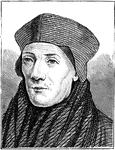
John Cardinal Fisher
John Cardinal Fisher (c.1469 – 22 June 1535), from 1935 Saint John Fisher, was an English Catholic…
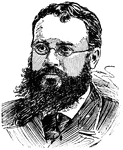
John Fiske
(1842-1901) Historian and philosopher who lectured across America lecturing on scientific, philosophic,…
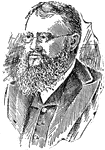
John Fiske
(1842-1901) American historian, lecturer, and philosopher who helped make ideas of great thinkers better…
